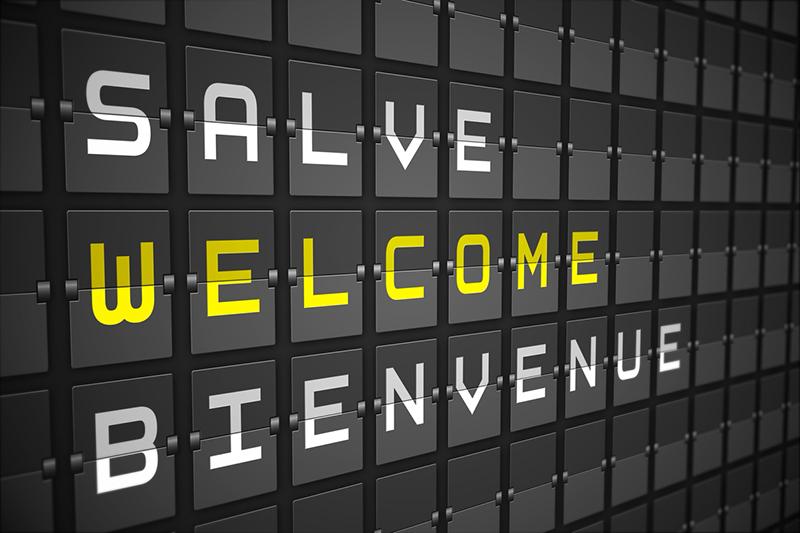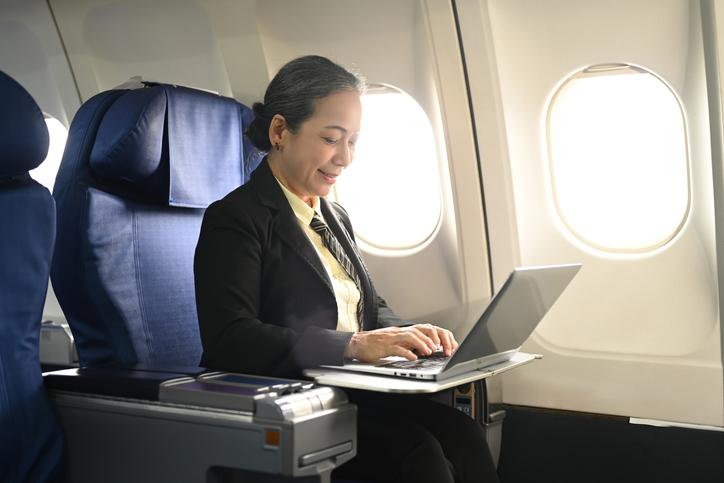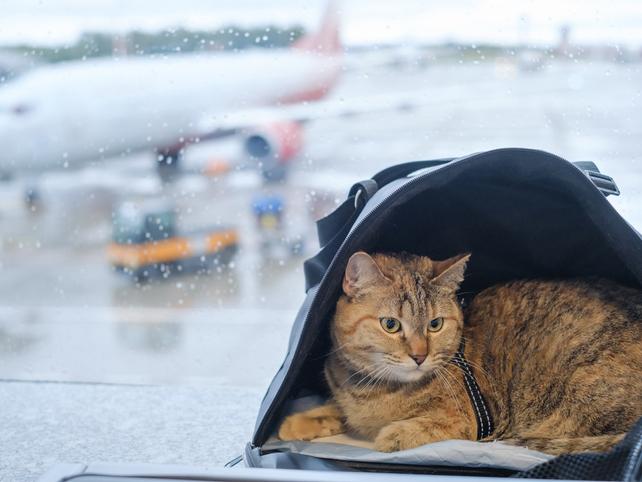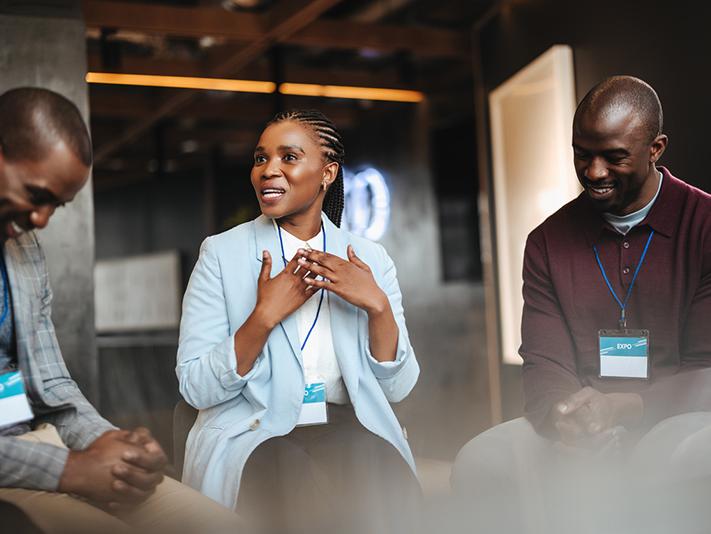International academics taking up a post in a new country have more to contend with than just finding their office or lab. Researchers arriving in France, for example, have described being lost when navigating French culture, finding an appropriate school for their kids and deciding where to live. What to do, who to ask and where to buy toothpaste if you arrive when shops are closed are good things to know well in advance.
Of course, our university, like most institutions, has a welcome protocol for new scholars, including help with visas, temporary accommodation, introductory information about the university and a welcome day. Yet, over coffee, an international researcher who had just arrived at Université de Technologie de Compiègne shared his initial confusion. He explained that, upon arrival, he knew little about the paperwork required to connect to administration systems in France and was worried about settling his family. He didn’t know, for example, what steps to follow to settle in administratively, especially that tasks are interdependent. To open a bank account, you need your address; to get a salary, you need to submit your French bank account information. To find accommodation, you need insurance or someone to ensure payment on your behalf if you don’t pay your rent.
- THE podcast: why internationalisation must remain a cornerstone of higher education
- Techniques for designing and managing international collaborations
- Crossing time zones: developing a transnational professional development series
We realised that our welcoming procedure was insufficient in supporting new international faculty through their first few weeks. So, we revisited our process to ensure that incoming international staff and faculty would know what to expect before they had even booked a ticket to France.
Find out what international faculty need to know
If you are developing your own protocol, work collectively and involve as many parties as possible to identify the gaps in your induction information. This will help all involved understand how they can be more effective. Often, faculty and professional services staff just don’t know that information or support is needed to help an international colleague find their feet quickly.
Our interdisciplinary team, under the remit of the international office, included representatives from the doctoral school, human resources office, faculty, PhD students, the directorate of research, the presidents, communication and international offices, and volunteers.
To begin, we asked international researchers (randomly selected faculty and PhD students) about the information they needed before arriving and any difficulties and misinformation they had encountered when they arrived. We chose a semi-directed interview to gather subjective information to better understand the difficulties they faced. It seemed more productive than a survey, since it allowed discussion, gathering more information and nuance, and it also helped with the language barrier. Some of the interviews were conducted by a colleague who spoke the same native language as the interviewee (ours included Chinese, English and Portuguese).
Based on these interviews, we created a booklet that covers what to expect on arrival in France, our city, Compiègne, and our university.
Making onboarding information comprehensive
Our onboarding booklet includes four main sections: practical arrival information, university overview, university administration, and personal administration such as banking and schools.
The first section includes information about the functioning of our region and city, including housing, transportation, getting to our city, office and retail hours, hospitals and the health system. It also outlines leisure activities and daily life.
The second covers the organisation and services of our university. It includes a general presentation, the degree programmes, an overview of governing bodies, departments and laboratories, UTC calendar and common acronyms (before these interviews, nobody knew how confusing this could be for a new colleague).
This section also explains arrival tasks such as how to set up a computer account, access the digital working environment, request a badge and provide contact information.
Section three focuses on human resources, and who to contact before arrival to prepare for a specific situation, such as disability. Its subsections concern how to prepare an administrative file, administrative and financial matters, mandatory medical check-ups, work obligations in France and our university, how to request and take leave (annual, sick, maternity/paternity), the protocol for workplace accidents, where to find the UTC disability officer, family allowance and social welfare services.
Some colleagues shared how lonely one can be upon arrival. So, we added information on social clubs and sports activities, including how to register and join before arriving, to help in making new friends.
The last section offers information about life in Compiègne beyond the university, such as student/community life for PhD students, how the French tax system works, school enrolment for children, the family benefits fund, residency permit, and setting up a bank account and health insurance.
Evolving the welcome process
Anyone who has gone through it, myself included, knows that starting a new job in another country is complicated. The process of putting together the welcome pack allowed us, the university community, to understand more thoroughly how integrating international colleagues is different from domestic ones. We cannot just add a visa section to their welcome procedure.
New international colleagues have given positive feedback about the welcome booklet but further improvements are still needed. One colleague asked us to add information about common language errors.
This booklet is not sufficient by itself, and we are now looking to improving our entire process. More than 20 people are involved in a continuous improvement process to improve how we welcome international colleagues. We hope to complete the improved process by September 2025.
Joanna Daaboul is director of international relations, assistant professor and coordinator of the Sunrise European universities alliance at Université de Technologie de Compiègne, France.
If you would like advice and insight from academics and university staff delivered direct to your inbox each week, sign up for the Campus newsletter.




comment